Collaborators
- Erika Williams, Career & Technical Education Teacher, Phillip O. Berry Academy of Technology
- Hannah Phykitt, Student, Biochemistry Queens University of Charlotte
- Aaron Socha, Assistant Professor, Environmental Science and Chemistry, Queens University of Charlotte
Project Focus
Summer research at the Queens Chemistry lab will be focused on using plants as replacements for petroleum for the production of chemicals. Specifically we use lignin, a polymer found in the cell walls of all plants to make ionic liquids, solvents with tunable properties for various renewable energy applications. Interested teachers will help to synthesize, purify and analyze molecules. The overall goal is to engineer “closed-loop” systems, such as the use of ligninderived ionic liquids for the production of fermentable sugars (e.g. glucose and xylose).
Research Abstract
Teachers spend hours in professional development, supposedly designed to improve teaching in the classroom, but most professional development lacks a mechanism that can be used to bring relevance into the classroom. Moreover, the existing curriculum lacks material that motivates students to understand the “real-world” importance of science. To build a repertoire of interesting lesson plans, teachers must venture outside the classroom. For science teachers, first-hand laboratory research experience is a potential source of professional knowledge that can translated to classroom enrichment. Working in an academic research lab, and spending time with the lab’s personnel gives an insight into the ups and downs of the scientific world. Additionally, through learning and practicing research techniques such as experimental design, solution preparation and gas chromatography-mass spectrometry, it is envisioned that my ability to communicate science to my students will be improved. By reading, understanding and presenting novel research in the field of biomaterials, I am also able to pique the interest of my students. Specifically, the use of ionic liquids to produce biofuels from switchgrass is relevant to Unit 4 of my Environmental Sustainability course. To collect information, I have conducted one on one meetings with the PI, attended weekly lab group meetings and interviewed a postdoctoral researcher, one high school student, and 4 undergraduate students working in the Queens University Chemistry Lab in Summer 2019. The ultimate goal of my interviews are to extract information from researchers that would be interesting to present to my students to encourage participation in STEM disciplines.
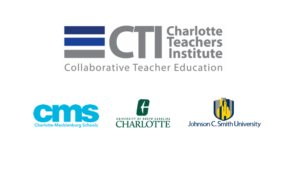
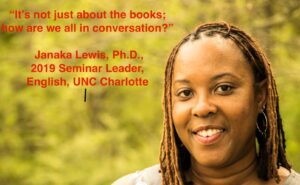

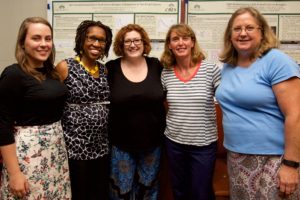
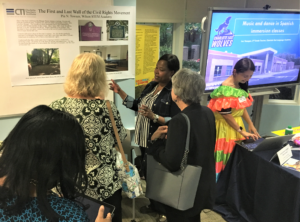
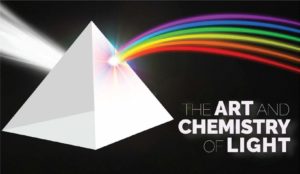




 Home
Home